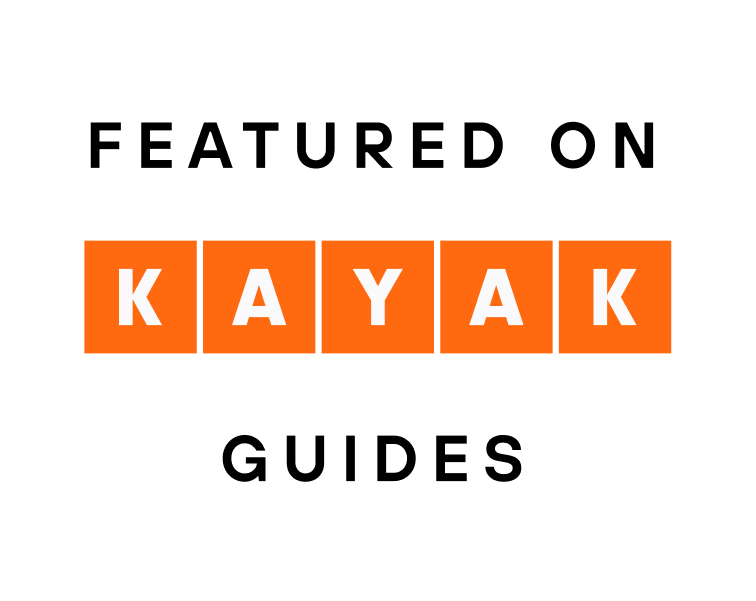- Home
- About
- Safari
- 4 Days Wilderness Tanzania Safari
- 5 Tanzania Adventure
- 6 Days Wildlife Safari
- 6 Days Big Cats Safari
- 7 Days Romantic Safari
- 7 Days Wildebeest Calving Season
- 9 Days Northern Circuit Route
- 10 Days Southern Circuit Safari
- 10 Days African Safari Tour and Cultural Tour
- 13 Days Southern Tanzania and Zanzibar Safari
- Trekking
- Destinations
- Contacts
FAQ's
1. How safe is it to travel in Tanzania?
Tanzania is one of the safest destinations in East Africa. The locals are generous, friendly, and eager to help visitors. However, you need to take the necessary precautions, including storing your valuables in the hotel safe and carrying only what’s necessary (camera equipment, cards, cash, jewelry, or any other valuables). On a safari, your safety will be in the hands of your guide. Make sure that you follow everything your guide says and do not wander around in the wild.
2. What should I wear and take on safari in Tanzania?
- Pack comfortable clothing suitable for sitting in safari vehicles and other safari activities.
- Don’t pack bright colors (or camouflage patterns); stick to neutral brown, beige, khaki, and white.
- Bring lightweight cotton clothes which can be layered up in cooler weather. Pack long sleeve shirts and trousers to wear from dusk to prevent mosquito bites. During the winter months, mornings and evenings can be very cold so pack a fleece, hats, and gloves.
- Pack sunscreen, sunglasses, a hat, and swimwear for both safaris and beach holidays.
- If you plan to visit mountain areas such as Mount Kilimanjaro, you need to pack a fleece, rain jacket, and walking boots or shoes.
- Additional items which are good to take on safari include binoculars, torch, and adapter, and of course don’t forget your camera!
3. How much money should I carry on my Tanzanian safari?
Usually, safari tours and packages are prepaid which includes airfares, meals, vehicles, lodges, camps, and some or all activities. Once this is settled before you depart from home, on the safari you will need money to tip the guides and accommodation staff, and buy any souvenirs, drinks, and optional activities. Some of these can be paid for with credit cards, and some you will need cash for. Around 50-100 pounds or dollars is probably the most you’ll need to spend per day in Tanzania, plus you can carry traveler cheques and credit cards.
4. What about mosquito nets and repellent?
As malaria is present safari lodges and camps will all provide mosquito nets – whether you’re staying in a luxury lodge or a mobile tented camp, mosquito nets play an important part in preventing malaria. In addition, mosquito repellent is often provided, but it’s well worth bringing your own, plus don’t forget to pack a full-sleeve shirt/blouse, and slacks or trousers to wear at dusk when mosquitoes are most active.
5. How safe is the water and food in Tanzania?
The food in safari lodges and camps should be really good as meals are a huge part of the safari experience; relaxing over brunch after an early morning game drive, enjoying a delicious dinner at the end of an active day. Avoid drinking tap water and stick to bottled water provided by your safari guide and accommodation. If you are being more independent, choose any restaurants you visit wisely, and eat only at places that have good reviews and come highly recommended.
6. How to make an emergency call in Tanzania?
To reach emergency services in Tanzania dial 112 and ask for the required service.
7. What is the appeal of Ruaha National Park?
Here are a few attractions of Tanzania’s second-largest national park, Ruaha National Park, which is part of the southern safari circuit and one of the country’s less accessible parks, making it one of Tanzania’s hidden wildlife gems.
- Abundant wildlife viewing opportunities, primarily large concentrations of big cats – leopards, lions, and cheetahs.
- A high concentration of the largest of the big five animals, African Elephants.
- A spectacular birding destination, it is home to 500 bird species with frequent sightings of ashy starlings and black-collared lovebirds.
8. What language is spoken in Tanzania?
The official languages of Tanzania are English and Swahili.
9. What currency is used throughout Tanzania?
The currency used throughout the country is the Tanzanian shilling. Mastercard and Visa are widely accepted and many ATMs are dispensing local currency throughout the country.
10. Do I need a visa and passport to travel to Tanzania?
A visa is required when traveling to Tanzania from the United States and Canada. Currently, this can be obtained at arrival airports and border crossings and is valid for 90 days. A valid passport is mandatory. Your passport must be valid for at least 6 months beyond the date you expect to leave Tanzania.
11. Is there transportation within Tanzania?
Visitors typically pre-book a safari package before arriving in Tanzania. This package includes the services of an English-speaking driver-guide and a 4X4 vehicle, which in turn will be their primary mode of transportation.
There is also a good flight network usually on small aircraft connecting Dar es Salaam, Arusha, Zanzibar Island, and other major centers and with major national parks. The two main forms of local transportation within Tanzania include taxis and Dalla-Dallas (minibusses).
12. Is Tanzania a family-friendly destination?
With an immense range of wildlife, beautiful beaches, and much more there is something the whole family will love in Tanzania! Beaches, game reserves, and world-class national parks and accommodations all await.

Summit Heroes provides the most affordable and customized travel experience available.
About Us
Get in touch
- Moshi, Kimanjaro, Tanzania
- +255716 588 188
- info@summitheroesexpeditions.com
Quick Link
